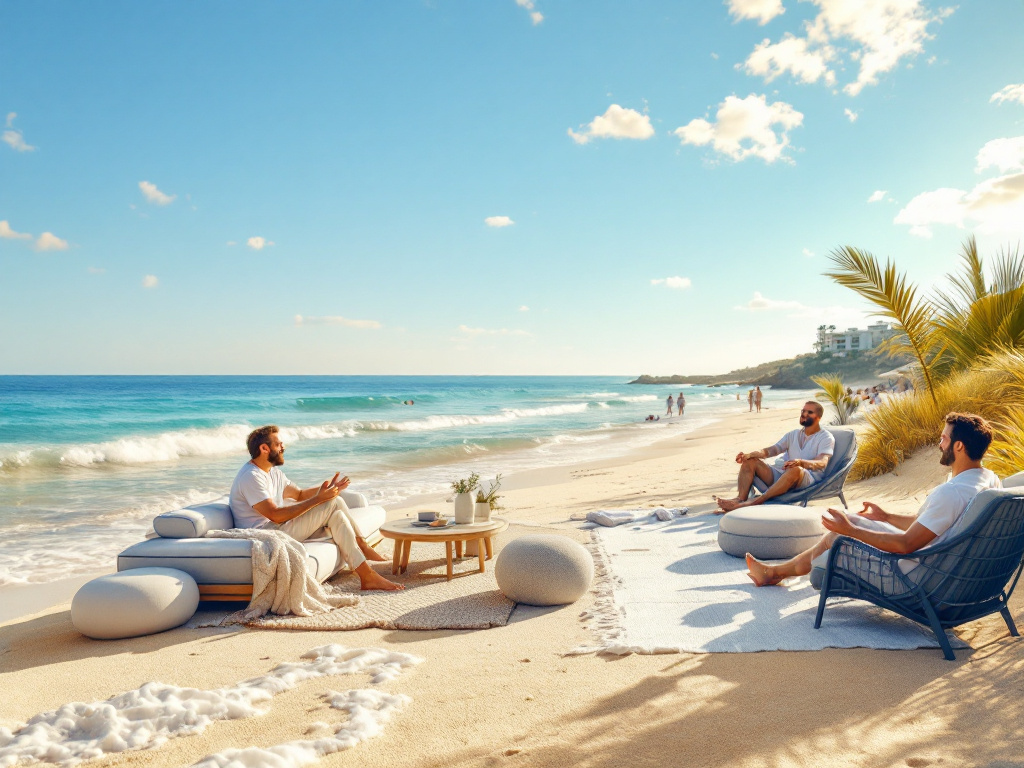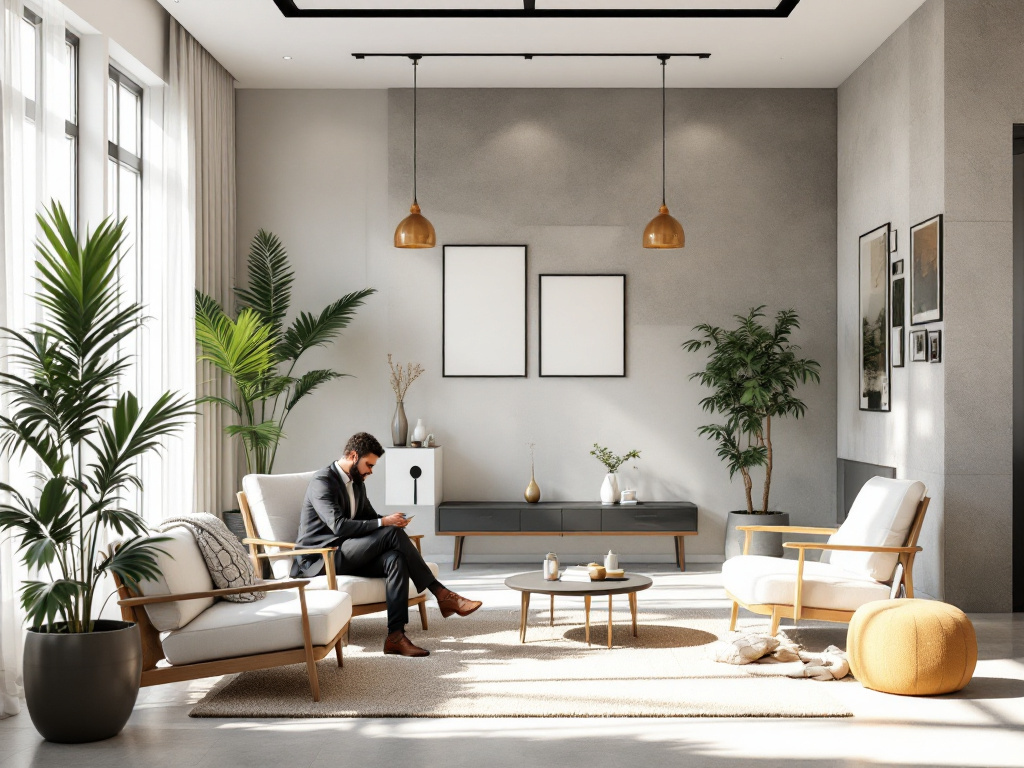When you arrive at Recovery Bay, you’ll engage in structured life skills training that complements your clinical therapy and wellness treatments. This specialized approach ensures you’re not only treated for addiction but also equipped for life beyond rehab. As part of our private residential rehab offerings, you’ll move from medically supervised detox through evidence-based therapies into personalized training modules that build psychosocial and practical competencies. In our men’s inpatient rehab 45-60 days program, these modules are integrated alongside holistic services—from gourmet meals rehab to beachfront activities—to create a comprehensive care plan tailored just for you.
Structured life skills training refers to programs designed to equip you with the emotional, interpersonal, and practical abilities needed to navigate daily challenges effectively [1]. Within a men’s-only environment, you’ll learn how to manage stress, communicate in healthy ways, set achievable goals and maintain routines that support long-term sobriety. As you progress, our team tracks your achievements, celebrates milestones and adapts your individualized plan so you stay motivated and accountable throughout your recovery journey.
With evidence-based methods at its core, our life skills curriculum draws on proven models—such as the LifeSkills Training program that has shown up to an 80% reduction in substance use initiation [2]. By mastering these skills under the guidance of certified coaches and compassionate counselors, you gain confidence in your ability to face real-world situations after discharge. Furthermore, practicing these competencies in a luxury men’s rehab setting ensures you feel supported, respected and ready to build a life of lasting independence.
Understand structured life skills training
Define life skills training
Life skills training consists of structured lessons and interactive activities that develop essential coping and decision-making abilities. You’ll cover topics such as:
- Personal self-management (goal setting, time management)
- Social and communication skills (active listening, conflict resolution)
- Health and wellness habits (stress reduction, nutrition planning)
- Practical daily tasks (budgeting, meal preparation, transportation)
By blending theory with hands-on practice, this approach helps you internalize new behaviors. As a result, you’ll move beyond simply learning concepts to applying them in simulated and real-life scenarios.
Role in men’s rehabilitation
Men often face unique pressures—career demands, societal expectations about masculinity and emotional suppression—that can complicate recovery. In a mens only rehab center, you’ll be surrounded by peers who share similar experiences, creating camaraderie and reducing isolation. Through structured life skills training, you’ll address topics like:
- Healthy expressions of masculinity
- Navigating workplace stress without substances
- Building peer support networks
This tailored setting fosters trust and accountability, which are crucial for sustainable change.
Explore training benefits
Structured life skills training offers multifaceted advantages that support every stage of recovery. By focusing on practical competencies and emotional resilience, you strengthen the foundation for a sober and self-directed life.
Building independence
Learning to plan meals, manage a budget and navigate transportation empowers you to handle everyday tasks confidently. Independence reduces reliance on external support and boosts your self-esteem, making you less vulnerable to relapse triggers.
Enhancing emotional resilience
Through techniques like mindfulness, stress management and cognitive reframing, you develop tools to cope with cravings, anxiety and interpersonal conflicts. As you practice these methods, you’ll notice improved mood stability and a greater sense of control.
Improving relapse prevention
You’ll identify high-risk situations and create personalized coping strategies—such as calling a sponsor, attending support groups or engaging in healthy distractions. By rehearsing these plans during residential treatment, you’re better prepared to implement them when challenges arise outside the facility.
Identify core components
Our structured life skills curriculum is divided into focused modules, each targeting a specific competency set. Below is an overview:
| Module | Focus area | Key outcomes |
|---|---|---|
| Personal self-management | Goal setting, time management | Structured routines, accountability |
| Social interaction skills | Communication, teamwork | Stronger relationships, support |
| Health and wellness habits | Stress management, nutrition | Improved physical and mental health |
| Practical daily living | Budgeting, meal planning | Increased independence |
Personal self-management
You’ll learn to define clear, realistic objectives and break them into manageable steps. Tools like daily planners and SMART goals keep you on track and foster a sense of accomplishment.
Social and interpersonal skills
Workshops on active listening, assertiveness and empathy help you rebuild trust in relationships. Role-playing exercises simulate real conversations, so you can practice healthy communication patterns.
Health and wellness skills
Instruction in relaxation techniques, exercise routines and balanced nutrition supports overall well-being. You’ll also explore sleep hygiene and preventive health habits to maintain stability in daily life.
Integrate training in rehab
Structured life skills training is most effective when woven into every aspect of your residential care, from detox to post-treatment planning.
In the residential setting
Within our private residential rehab, you’ll attend life skills sessions alongside individual therapy, group counseling and holistic treatments offered by our wellness treatments rehab team. Comfortable accommodations—from private and semi private rooms to serene common areas—encourage reflection and peer support.
Private and semi private rooms
Your living space becomes a personal retreat where you can practice self-management skills, such as organizing your schedule or preparing a snack using techniques learned in the practical living module.
Beachside addiction recovery
Our beachside addiction recovery location provides the ideal backdrop for outdoor skill-building activities. You might apply stress-reduction exercises during a guided beach walk or practice goal setting while watching a sunrise meditation.
After medical detox
Once you complete medical detox or medically supervised detox, you’ll transition seamlessly into life skills workshops. We also offer a private detox program and confidential detox treatment to protect your privacy during early recovery.
Delve into evidence base
Choosing a program backed by research gives you confidence that your time and effort will yield real results.
Proven program outcomes
- Up to an 80% reduction in tobacco, alcohol and opioid use following LifeSkills Training implementation [2].
- Statistically significant gains in critical thinking (19.58), self-awareness (18.03), creative thinking (15.78) and interpersonal skills (15.15) after interactive training sessions [3].
- Demonstrated improvements in refusal skills and reduced substance initiation rates in multiple randomized controlled trials [4].
Statistical highlights
| Outcome | Measurement | Source |
|---|---|---|
| Substance use reduction | Up to 80% decrease in tobacco, alcohol, opioids | LifeSkillsTraining |
| Critical thinking improvement | +19.58 points post-intervention | PMC |
| Self-awareness improvement | +18.03 points post-intervention | PMC |
| Refusal skills development | Significant increase in social resistance skills | Blueprintsprograms |
Measure progress and success
Tracking your advancement ensures each milestone is recognized—and areas needing extra focus are identified.
Tracking skill acquisition
Our clinical team uses fidelity measures and personalized check-ins to assess how well you’re applying new skills. You’ll receive regular feedback and adapt your plan as you progress.
Post-discharge support
Before you leave, you’ll create a sustainable aftercare strategy. This may include outpatient dual diagnosis treatment, alumni groups, sober living referrals or family counseling sessions through our family program addiction.
Plan for life after rehab
Mastering life skills during residential treatment sets you up for success in the real world.
Applying skills in daily life
You’ll use time-management techniques to balance work, social activities and recovery support. Budgeting lessons help you allocate funds responsibly, while communication skills improve your relationships at home and in the workplace.
Engaging in ongoing support
Stay connected with your recovery community through virtual check-ins, peer networks and local support meetings. Continued practice of stress-management tools, such as mindfulness and exercise routines, reinforces the gains you made at Recovery Bay.
Choose a tailored program
Selecting the right environment and services ensures your unique needs are addressed.
Assess your needs
Reflect on factors such as co-occurring mental health conditions, family involvement and lifestyle goals. Determine whether you prefer a gender-specific setting, intensive clinical care or a more holistic focus.
Compare program features
| Program type | Focus | Key offering |
|---|---|---|
| Luxury men’s rehab | Upscale amenities | Gourmet meals rehab |
| Dual diagnosis treatment | Integrated mental health | On-site psychiatric support |
| Family program addiction | Family dynamics | Structured family therapy |
By evaluating options like our 45 to 60 day rehab program within a mens only rehab center, you can choose the combination of services that aligns with your vision for recovery.
Take next steps
Mastering structured life skills training positions you for a life of greater independence, resilience and well-being. If you’re ready to explore a personalized plan that blends medical detox, clinical therapy, holistic wellness and hands-on skill development, reach out to our admissions team. Your journey to lasting recovery starts when you equip yourself with the tools needed to thrive—today and beyond.





